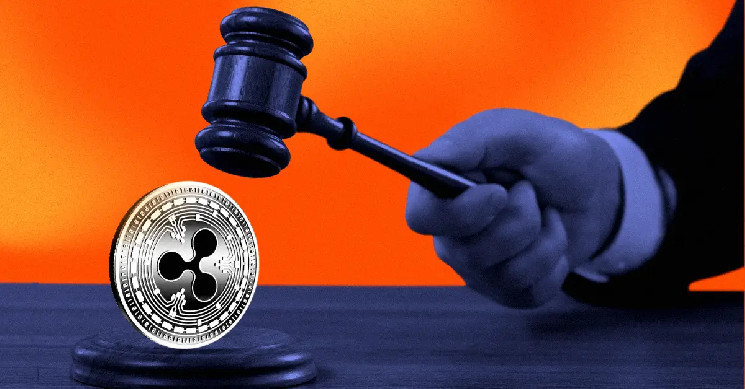The legal battle between Ripple and the SEC is heating up as the January 15 hearing looms closer. Former SEC enforcement official John Reed Stark recently spoke out about the Ripple decisions on the Docket Media LLC podcast, expressing his views on the controversial ruling. Stark criticized the ruling, stating that many misunderstand it because they haven’t read it fully. He believes that Judge Torres made mistakes in her decision, a sentiment echoed by other judges who have reviewed the case.
Stark highlighted that the Ripple decision had two aspects. He agreed that the initial offering of XRP tokens to sophisticated investors should have been registered as securities to protect those investors. However, he disagreed with the decision regarding the secondary market where XRP was traded on exchanges. Stark argued that since there was no direct relationship between Ripple and retail investors, they were not protected, which he deemed as unfair. He drew a comparison to buying stocks in companies, where investors are still protected under securities laws despite not having a direct contractual relationship with the company.
One of Stark’s major criticisms of the Ripple decision was the confusion it created, especially when pro-crypto companies began citing it to argue that tokens were not securities. In response to this, the SEC sought an interlocutory appeal in hopes of halting the ongoing proceedings. However, the judge rejected the SEC’s request, stating that the Ripple decision could not be used as a precedent unless the exact same circumstances were present.
As the legal battle between Ripple and the SEC continues, Stark’s insights shed light on the complexities of the case. The Ripple decision has sparked debate and controversy within the crypto community, with stakeholders closely following the developments leading up to the January 15 hearing. Stark’s critique of the ruling emphasizes the need for a thorough understanding of the legal intricacies involved, urging individuals to read the decision in its entirety before forming opinions.
Overall, the Ripple-SEC legal battle is a critical moment in the crypto industry, with far-reaching implications for the regulation of digital assets. Stark’s analysis of the Ripple decision offers valuable perspectives on the nuances of securities laws and their application in the evolving crypto landscape. As the case unfolds, stakeholders will be closely watching to see how the legal proceedings shape the future of the crypto industry and its regulatory framework.

